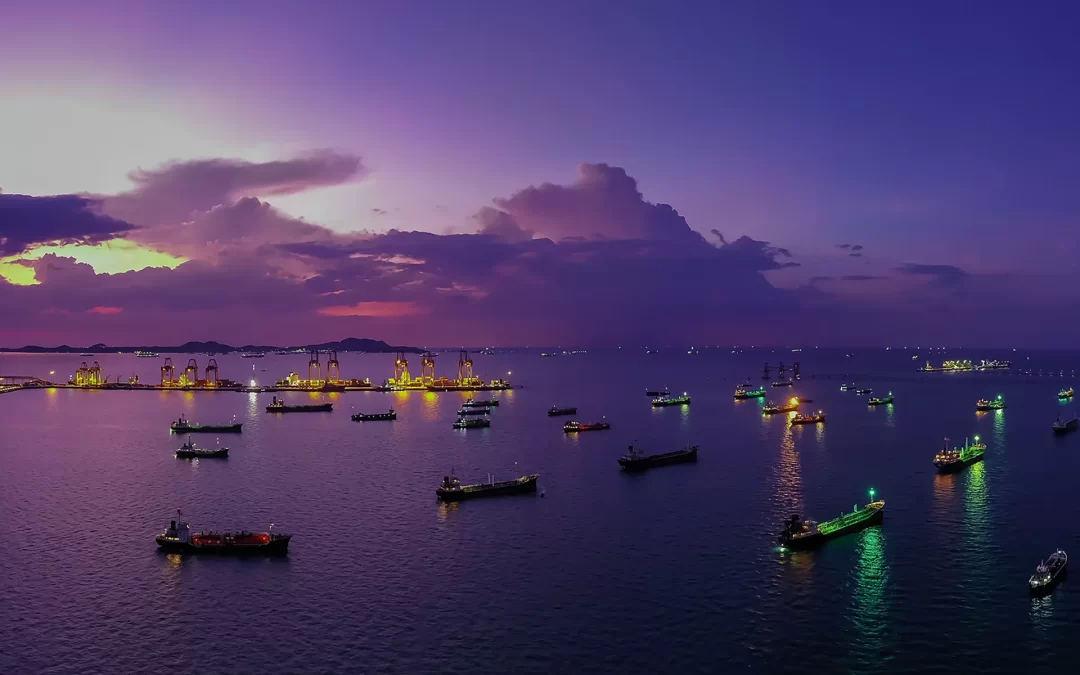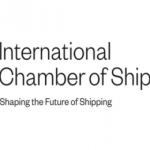The decision in Bunge S.A. -v- Pan Ocean Co., Ltd (Sagar Ratan) [2025] EWHC 193 (Admty) is an important one which provides valuable feedback on the application of the BIMCO Infectious or Contagious Diseases Clause in time charterparties. In particular, it clearly defines the meaning of the phrase “Affected Area” which provides some clarity for the parties incorporating such clauses. It also reaffirms the English courts’ willingness to define a quarantine in substance and not just form.
In February 2022, the vessel was delivered to charterer’s service and was subsequently ordered to Australia to load cargo. In March 2022, the vessel loaded her cargo and the crew was changed. The vessel then sailed for the discharge port of Bayuquan, China.
On or around March 30, 2022, the vessel arrived in Bayuquan, tendered Notice of Readiness (NOR), and berthed. On March 31, the crew were tested for Covid-19 and five crew members were found to be positive. Those five crew members were later tested again. Four tested positive again and one (the Master) tested negative.
Rather than leaving the vessel stationary in quarantine, the owners arranged to replace the four Covid-infected crew members in Ulsan, South Korea and sailed there accordingly. The four infected crew members disembarked and the vessel sailed back to Bayuquan, China.
On April 10, 2022, the vessel re-tendered NOR at Bayuquana and discharge was completed on April 25, 2022. A day later, on April 26, 2022, the vessel was redelivered to the owner.
The charterer deducted hire and expenses in respect of a period from March 31, 2022 (the time of the first positive tests at Bayuquan) to 18:30 LT on April 14, 2022. The Court referred to this period as the “Period of Delay”.
The owner claimed for the total hire withheld by the charterer for the Period of Delay and for an indemnity for any claim advanced by the head owner for the costs of replacing the four Covid-infected crew members at Ulsan.
The charterer denied the owner’s claims and argued that they were entitled to make the deductions because of the time lost and additional expenses. Both parties argued that, regardless of the Tribunal’s findings, they were entitled to recover a small balance from the other. Both parties also claimed interest and costs.
The charterparty
The three key terms of the charterparty were Additional Clause 38, Additional Clause 50 and Additional Clause 129.
Clause 38 stated that normal quarantine time/expenses for the vessel’s entering port shall be for charterer’s account, but any time of detention/expenses for quarantine due to illness of the Master/crew shall be for owner’s account.
Clause 50 stated that in the event of loss of time either in port or at sea, deviation from the course of the voyage or putting back while on voyage, by reason of sickness or accident to the Master, officers, crew, hire would be suspended from the time of the vessel’s inefficiency in port or at sea until the time when the vessel is again efficient in the same position or equidistant position to the destination, and any related expenses would be for owner’s account.
Clause 129 incorporated, in amended form, the BIMCO Infectious and Contagious Diseases Clause for Time Charter Parties 2015 (the BIMCO Clause) which effectively provided that where the vessel visits an “Affected Area”, any costs incurred in doing so are for charterer’s account. This was effectively an exception to off-hire.
The Tribunal’s award
The Tribunal’s findings were as follows:
- The vessel was off-hire during the Period of Delay, under clauses 38 and 50 of the charterparty.
b. The owner was not entitled to rely on Additional Clause 129, as the vessel was not delayed due to visiting an “Affected Area” but, rather, the delay was brought about solely by the positive Covid-19 tests of the crew members.
c. The crew’s positive Covid-19 test results must be taken at face value, contrary to the owner’s contention that they were inaccurate. There was insufficient evidence to conclude what the cause of the positive Covid tests were and/or when or where the infection to the crew occurred.
d. Clause 15, the basic off-hire clause, which had been amended to require that the loss of time be “due to vessel’s fault”, probably did not apply. It was not necessary to reach a firm conclusion on that point because the Tribunal was satisfied that Additional Clauses 38 and 50 applied.
e. The charterer’s submission that Additional Clause 131 (BIMCO COVID 19 Crew Change Clause) applied was rejected. This clause was invokable by the owner if they had to deviate from the port to which the vessel had been ordered to allow crew changes to take place.
f.The decision to sail to Ulsan to replace the infected crew members provided certainty and could not be criticised as unreasonable.
The owner appealed to the High Court, arguing that the Tribunal had made errors of law.
The Court decision
The Court dismissed the appeal which focused on the three following issues:
- i) On the true construction of the BIMCO Infectious or Contagious Diseases Clause for Time Charter Parties 2015, is a port or place an ‘Affected Area’ if it carries ‘a risk of quarantine or other restrictions’ or does that definition implicitly exclude situations where a) the crew had a Disease upon arrival there, and/or b) the risk was no greater upon arrival there than it was when the charterparty was concluded?
- ii) For the purposes of an off-hire clause, is there a ‘detention’ for ‘quarantine’ if the vessel can and does avoid quarantine by changing the crew at another port?
iii) For the purposes of the off-hire/deviation clause, is the vessel off-hire in respect of a period when it can and does comply with the service immediately required?
The Court followed the earlier decision of the Court of Appeal in The Doric Pride [2006] 2 Lloyd’s Rep 175, which distinguished issues for which: (i) shipowners are responsible, such as the health of the crew from; (ii) issues for which charterers are responsible, such as restrictions imposed by ports.
In circumstances where a delay or quarantine arises from Covid-19 on board the vessel, shipowners hoping to rely on the BIMCO Clause should take note of the narrower definition of “Affected Area” applied by the Court,
such that where a crew member has an infectious disease and the vessel is not permitted to berth and there is no finding that the infection arose as a result of a call at an infected area under the current charterparty, the vessel will prima facie be off-hire and the protections of the BIMCO Clause do not necessarily apply.
Source: Hill Dickinson






